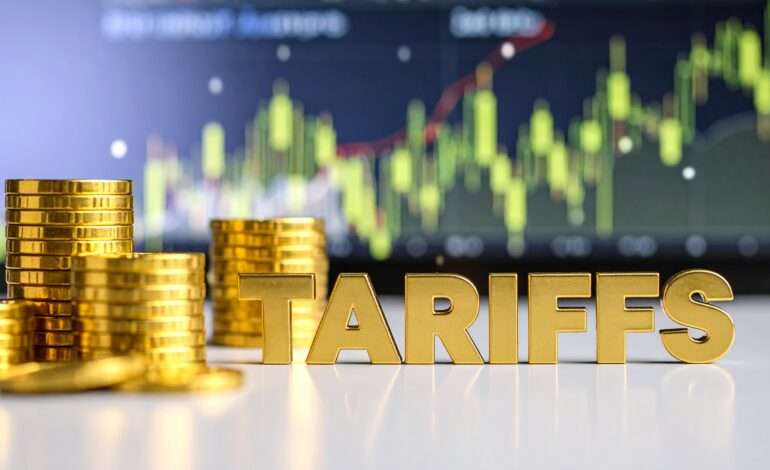
US also imposes high tariffs to protect local industry, WTO data shows
As US President Donald Trump criticizes India for high tariffs, World Trade Organization (WTO) data shows that the US itself levies steep duties to protect its domestic industries.
The US imposes tariffs as high as 200% on dairy products, 132% on fruits and vegetables, 196% on cereals, 164% on oils and oilseeds, 350% on tobacco and beverages, 35% on fish, and 38% on minerals and metals. These figures undermine Trump’s claims that India’s tariff policies are disproportionately high.
In comparison, India imposes 150% on wine and whiskey and 100–125% on automobiles. Moreover, India’s simple average tariff stands at 17%, while the weighted average tariff on US exports to India is below 5%.
Countries like Japan and South Korea also maintain high tariffs — with Japan imposing nearly 400% on rice and South Korea up to 887% on fruits and vegetables — to safeguard their agricultural sectors.
India has proposed reducing average tariffs from 13% to 4% in return for relief from US tariffs imposed under the Trump administration. The country has also increased its energy imports from the US in a bid to balance trade.
Mahendra Patil, of MP Financial Advisory Services LLP, said the 25% US tariff on Indian exports threatens sectors like textiles, auto components, and pharmaceuticals. He recommended India diversify its markets, enhance value-added manufacturing, and strengthen domestic supply chains.
He also noted that the India-UK Free Trade Agreement opens a stable, duty-free export avenue.
As a consumption-driven economy — with exports forming just 12% of GDP — India must respond strategically to global trade volatility, including faster refunds and enhanced export incentives.